International trade offers numerous socio-economic and political benefits, such as revenue generation, fostering relationships between nations, and ensuring optimal resource allocation. Free trade, in particular, should encourage political and economic cooperation globally. However, the reality under President Donald Trump’s administration has deviated from this ideal, as his stance on trade tariffs signals a shift from the principles that once made the United States a champion of free trade.
Theories such as comparative advantage suggest that international trade optimizes resource allocation, encourages innovation, and leads to competitive pricing, ultimately benefiting consumers worldwide. Free trade fosters these benefits by enabling countries to exchange goods and services more efficiently, while stimulating technological advancements and stabilizing global prices. Despite these clear advantages, international trade is not without its challenges. Cheap foreign goods can undermine domestic industries, leading to dependence on imports and depleting foreign reserves. This trade imbalance, particularly between developing countries that export raw materials and developed countries that export manufactured goods, often widens the trade gap, exploiting the former in the process.
Historically, the United States has been a proponent of free trade. America thrived in the global market while other countries struggled to keep up. Today, however, with fierce competition from countries like China, Germany, Japan, and Russia, the tables have turned. Technological advancements have changed the dynamics of international trade, and America finds itself facing a growing trade deficit, particularly in terms of imports versus exports. As Trump’s administration rolls out new tariffs, the global economy reacts, with fluctuating forex and stock prices, leading to instability. However, the response from other economic giants has been swift, and the initial impact on global trade has been less severe than anticipated.
Europe, for instance, has been less impacted by Trump’s tariffs. The European Union (EU) functions as a single market, with intra-EU trade making up a significant portion of its commerce. In fact, figures from 2023 show that between 50 to 75 percent of EU trade occurs within the Union. The EU’s share of global imports has also decreased, reflecting its decreasing reliance on external trade. For EU member states, particularly economic leaders like Germany, France, and Italy, Trump’s tariffs have had a limited impact, with many countries within the Union strengthening their economic ties amongst themselves. The EU continues to trade with China, which now surpasses the U.S. in global trade.
Although the U.S. remains an important trading partner for many European countries, the EU’s increasing focus on internal trade and relations with China has mitigated the impact of Trump’s tariffs. The initial global reaction to the tariffs has been negative, but the wounds are not as deep as Trump might have expected. As economic powers around the world adjust, it becomes clear that no nation will bear the brunt of the tariffs more than the United States itself. The trade relationships that once fostered global friendship are increasingly eroded, and it seems as though America is now fighting against its own economic ideals and global position.
For Africa, the Trump tariffs might pose some short-term challenges, but these are not expected to be deeply damaging in the long run. The World Bank reports that Africa’s primary trading partners for exports include China, India, the U.S., the Netherlands, and Switzerland. China has remained Africa’s largest trading partner for 15 consecutive years, with trade volumes exceeding $300 billion annually, covering a range of products from consumer goods like electronics and clothing to major infrastructure projects such as roads, railways, and energy projects.
In sub-Saharan Africa, South Africa holds the largest trade volume with China, totaling $52.4 billion in 2024, followed by Nigeria and Egypt. South Africa, as the most industrialized economy in Africa, faces some of the most significant effects from the Trump tariffs, and it has responded with retaliatory measures. Other African countries like Nigeria, whose main trade partners are China, India, and Belgium, may face their own set of challenges, but they are likely to experience relatively mild effects in comparison to more industrialized nations.
While the Trump tariffs might result in a temporary decline in global trade, the longer-term effects will lead to realignments and strengthening of economic unions, which could ultimately backfire on the U.S. This presents an opportunity for Africa to take advantage of shifting trade dynamics. Regional bodies such as the United Nations Economic Commission for Africa (UNECA), the African Export-Import Bank, and the African Development Bank, under the guidance of the African Union, should work to create a stronger and more unified African market. By doing so, Africa can better position itself to navigate the potential fallout from Trump’s tariffs and strengthen intra-African trade, which currently remains low despite the presence of regional economic communities.
Sadly, Africa’s trade practices are still heavily influenced by colonial-era mentalities, with some African governments collaborating with foreign powers to exploit fellow African nations, as evidenced by conflicts such as those between Rwanda and the Democratic Republic of Congo. Moreover, the flight of illicit financial flows to financial institutions in the U.S. and Europe continues to undermine Africa’s economic sovereignty. While African leaders engage in trade with other continents, the financial gains often end up in foreign banks, further hindering the continent’s development.
The global landscape of free trade has changed, and it is no longer the panacea it once appeared to be. African intellectuals and foreign experts who sympathize with the continent’s struggles have long warned of the unequal outcomes of free trade between developed and developing nations. It is now time for African leaders to listen to these voices and adopt a more proactive approach to trade, focusing on strengthening intra-African trade and minimizing dependency on external powers.
In conclusion, Africa must embrace the shifting trade dynamics and prepare for the potential disruptions caused by Trump’s tariffs. While the continent may not face immediate and severe consequences, African leaders must act swiftly to align with evolving global trends and secure a more sustainable economic future.

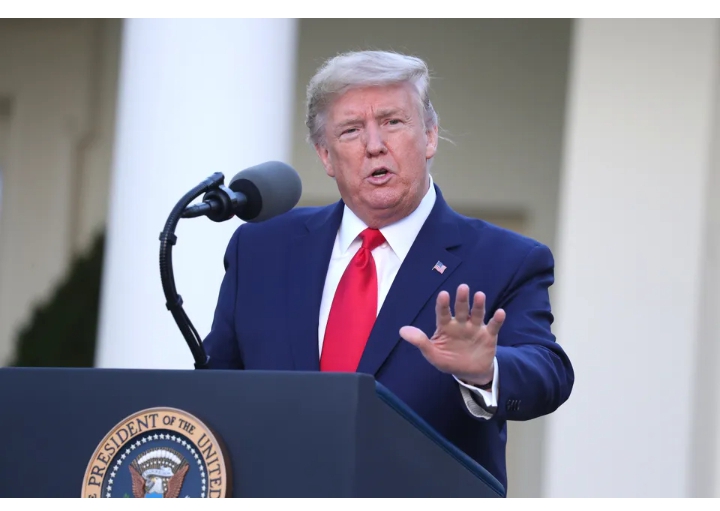
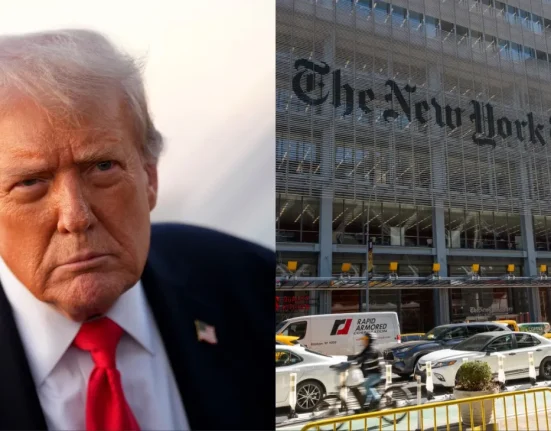
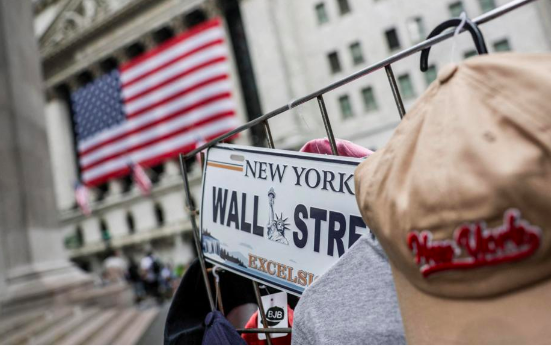
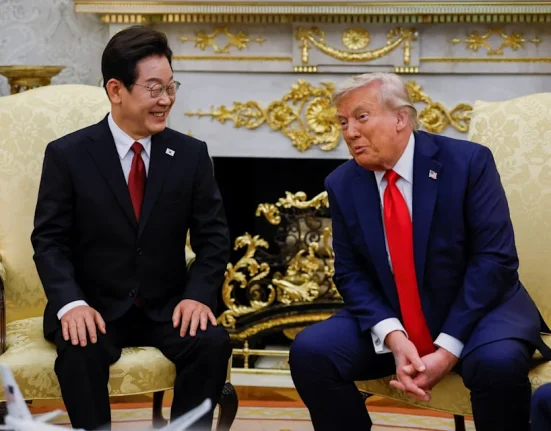
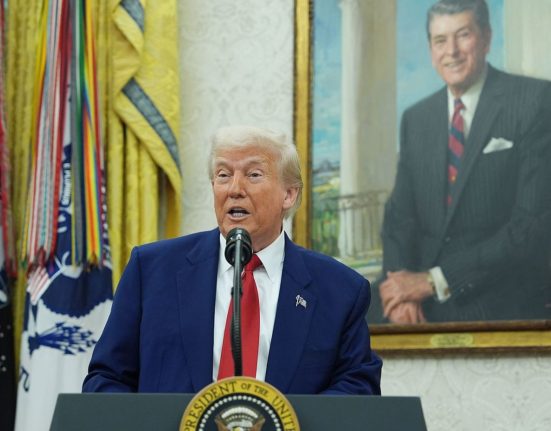
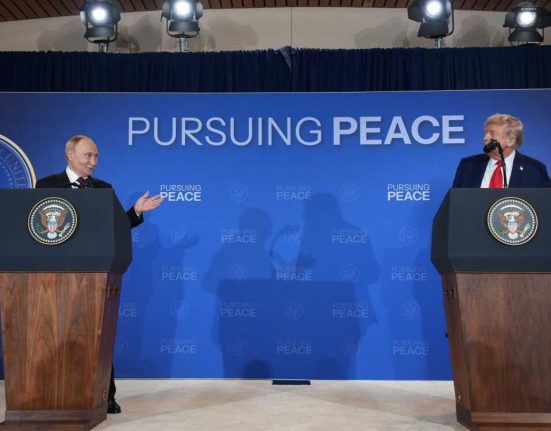
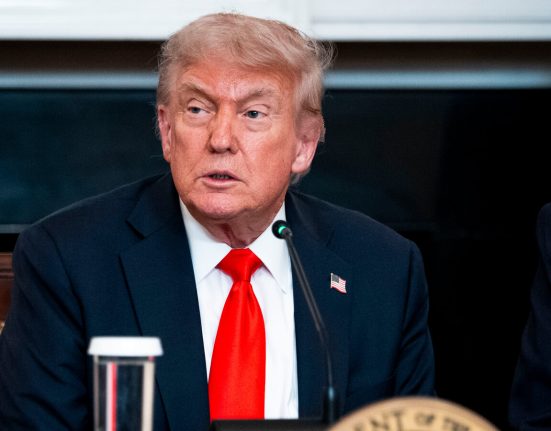
Leave feedback about this